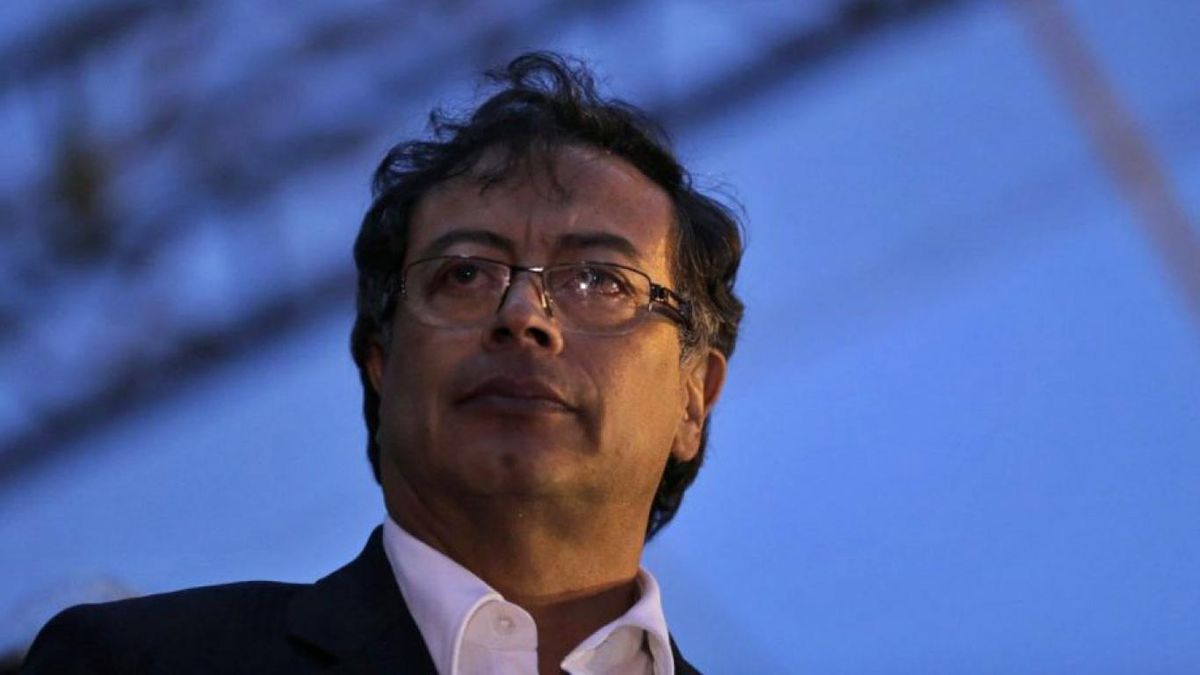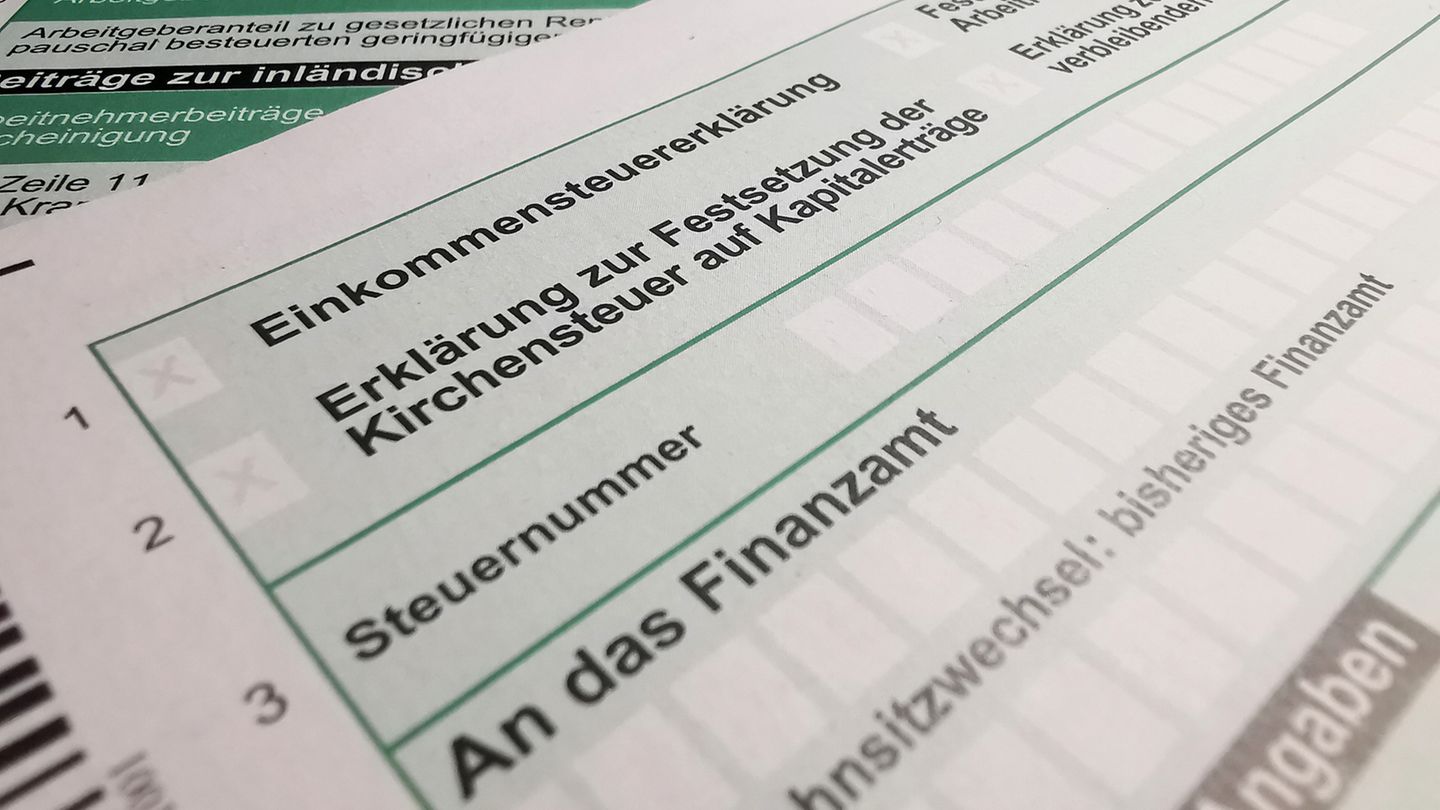Petro maintains its leadership and even increases it by two points (25 in December, 20 in October and 17 percent in September). Then appears Hernández, the former mayor of Bucaramanga, who has also caused a surprise due to this good result in the polls despite presenting himself as an independent on the Anti-Corruption Governors League platform. Hernández has improved three points in voting intention (11 in December and 5 percent of voting intention in September and October).
Behind Hernández is Bentancourt, candidate for Verde Oxígeno, while in fourth place would be Sergio Fajardo (Centro Esperanza Coalition, 6 percent). Behind would be the liberal Juan Manuel Galán (4 percent), Óscar Iván Zuluaga (Democratic Center, 4 percent), Federico Gutiérrez (4 percent), Enrique Peñalosa (2 percent), Alejandro Gaviria (2 percent) and David Barguil (1 percent).
It highlights that 11 percent of Colombians affirm that they will vote blank, a figure that, however, has been decreasing as the campaign progresses. In October it was 23 percent and in December, 17 percent.
Petro would prevail in a second round over any of his rivals, and Betancourt is the only one who would not achieve 40 percent of the vote or more. She would get 29 percent support.
In the Petro versus Hernández scenario, the leftist leader would win 40 percent over Hernández, who had 31 percent.
The primary elections scheduled for March 13 will also have an influence, in which the three most important blocs — Historical Pact, Hope Center Coalition and Team for Colombia — will elect their candidates.
Source: Ambito
David William is a talented author who has made a name for himself in the world of writing. He is a professional author who writes on a wide range of topics, from general interest to opinion news. David is currently working as a writer at 24 hours worlds where he brings his unique perspective and in-depth research to his articles, making them both informative and engaging.




